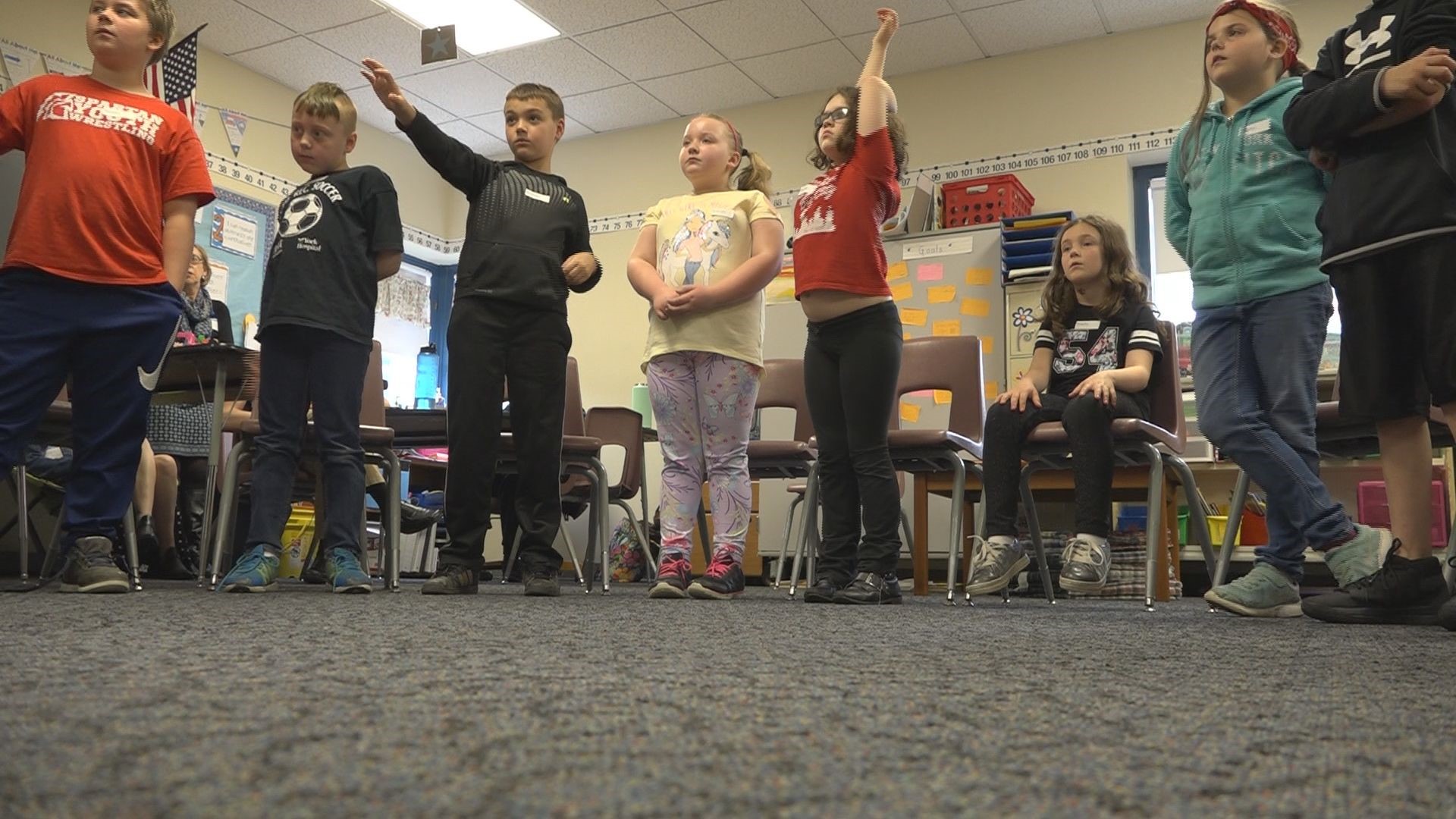SANFORD, Maine — About one in every five kids faces bullying, according to the National Bullying Prevention Center, but for those with disabilities they are three times as likely.
Olivia McDermott goes to school every day with that fear. She has Down Syndrome.
“It’s really difficult,” Olivia’s mom Maura McDermott said as she saw her daughter off at the bus stop. “People were making fun of her speech.”
McDermott says her daughter experienced bullying by her peers from a young age.
“It’s real. It’s happening,” Renee St. Laurent said.
Laurent, a former teacher, works for the nonprofit Cromwell Center for Disabilities Awareness in an attempt to put a stop to that kind of behavior.
She visits schools across the state to teach kids about inclusion.
"I think if we start that early on and kids really understand that message, then they can work from there,” St. Laurent said.
Third graders at Carl J. Lamb elementary school in Springvale experienced the program for the first time this year.
In the classroom, St. Laurent leads the kids in a variety of activities to talk about disabilities, diversity and acceptance.
Much of the focus is simply on talking—from sharing what they know about their friends and family members to asking questions about different disorders and hardships.
For some of the students, it is their first time hearing about what it is like to live with challenges like autism or dyslexia.
One activity used lemons to get the kids to identify unique traits. In small groups they examined the lemon and then were tasked with returning it and picking it out of a punch.
“You realize your work is important and you’re thankful you have the opportunity to be in the classroom and sharing the message day after day,” St. Laurent said.
The program reaches more than 16,000 students a year in schools across the state.
As more school administrators focus on combating issues of bullying and inclusion, the need for organizations like the Cromwell Center has grown.
“Requests for our program are skyrocketing,” Susan Greenwood, Exec. Director of The Cromwell Center, said.
It does not cost schools anything to bring Greenwood’s team in. The nonprofit is completely funded by private donors and grants.
“We recognize that there are budget limitations and we just work hard every year to raise the money to meet this growing demand,” Greenwood said.
For kids like Olivia McDermott, whose school has used the program, it means a second chance at acceptance.
“It's getting a lot better,” McDermott said.
You can learn more about the work The Cromwell Center does at cromwellcenter.org.

